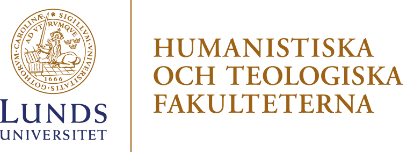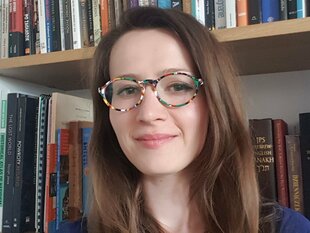Kurs
Kurs 7,5 högskolepoäng • CTRD10
How to address people whose culture and religion seem unfamiliar to our worldview? Does having faith necessarily imply divisions? Is otherness an unavoidable source of conflict? What tools can theology and religious studies offer to approach otherness and to overcome the challenges that stem from religious diversity?
Life in our multicultural society leads to encounters with cultural and religious diversity both in our private and professional life. The secular setting meets more often people for whom religion is not only a matter of private beliefs but part of their lifestyle. By providing an introduction to the various theories of ecumenical and interreligious dialogue, the course sets foundations for reflection on the encounters with religious diversity. The course provides a panoramic view of human efforts to build bridges between religious traditions through studying developments in the philosophy, theology and practice of dialogue. Analysis of concrete cases will be used to better understand the dynamics of encounters with cultural and religious otherness in everyday situations as well as in political and social conflicts.
The course takes place online and requires active participation on the digital education platform. A dozen lectures and seminars with associated digital aids will be set up during the course, as well as interim assignments and a final written assignment.
Kurstillfälle:
sommaren 2023
Studiesätt:
heltid,
distanskurs
Kursperiod:
2023-06-05 – 2023-07-07
Kursspråk:
engelska
Anmälningskod:
LU-S0803
Behörighet:
Grundläggande samt 30 högskolepoäng inom religionsvetenskap, humaniora eller samhällsvetenskap.
Lärare:
Magdalena Dziaczkowska,
Vera La Mela



